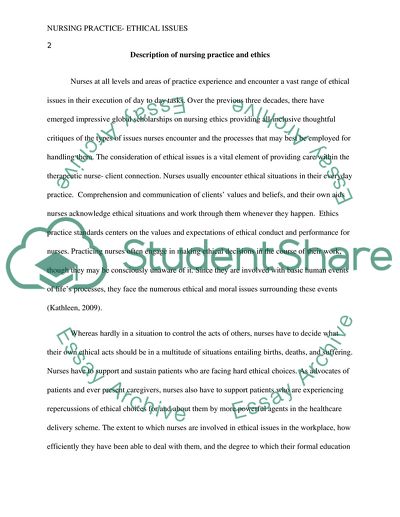Cite this document
(Ethical Issues in Nursing Practice Research Paper, n.d.)
Ethical Issues in Nursing Practice Research Paper. Retrieved from https://studentshare.org/nursing/1794911-employee-rights-managed-care-and-patient-safety
Ethical Issues in Nursing Practice Research Paper. Retrieved from https://studentshare.org/nursing/1794911-employee-rights-managed-care-and-patient-safety
(Ethical Issues in Nursing Practice Research Paper)
Ethical Issues in Nursing Practice Research Paper. https://studentshare.org/nursing/1794911-employee-rights-managed-care-and-patient-safety.
Ethical Issues in Nursing Practice Research Paper. https://studentshare.org/nursing/1794911-employee-rights-managed-care-and-patient-safety.
“Ethical Issues in Nursing Practice Research Paper”, n.d. https://studentshare.org/nursing/1794911-employee-rights-managed-care-and-patient-safety.


